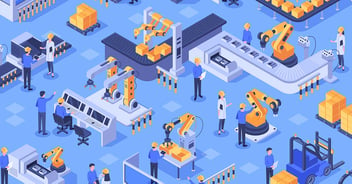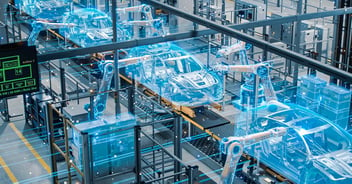
The primary aim of an Enterprise Resource Planning system is to integrate the functions & processes of an entire organization into one single framework. If done successfully, all verticals of the organization come within a single structure and work in a seamless fashion. This leads to better communication among verticals, increased information processing efficiency & better customer relationship management. But if an ERP implementation goes wrong, it may lead to disruptive organizational change. Maybe the greater ripples of this are not felt within large organizations but for Small & Medium Enterprises this can cost a lot. It would mean added cost in technical supervision, HR, finance and a hindrance in day to day functioning. For an SME which employs not more than 250 resources and have a tight revenue stream, this becomes a huge investment.
Hence SMEs stay out of the ERP game for as long as they can. But in doing so, a considerable amount of time is lost in consolidating data generated and predicting coherent results. Over and above the cost of an ERP implementation can put a financial strain on the company. Investing in technical talent is another cost to be incurred. And among all this, the need to survive & the will to compete are high. To drive innovation, they need to maximize their current state of affairs, consolidate insights, and react to ever changing demands of the customer. So an ERP would be a stealth choice. But with all the above fears and limitations in mind, SMEs still remain wary.
What Ramco did was very simple. They took the full fledged ERP suite and put it on the cloud, which is named as Ramco OnDemand ERP. The solution doesn’t require any added investment in hardware, talent or training. Furthermore as compared to traditional ERP implementations, this solution has the power to go live in a week’s time.

